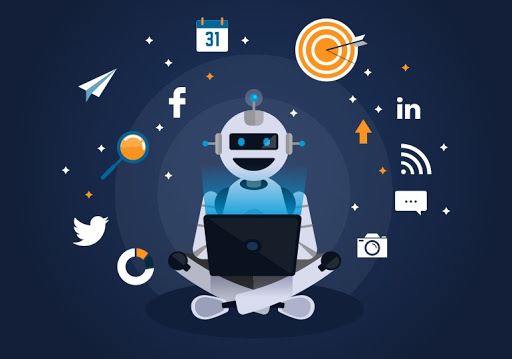Beyond Likes and Shares: The Evolution of Social Media in Shaping Connections in the Digital Age
Social media has become an inseparable part of modern life, transforming the way we connect, share, and communicate. From the early days of MySpace and Friendster to the present dominance of platforms like Facebook, Instagram, Twitter, and TikTok, social media has undergone a remarkable evolution. In this article, we will delve into the evolution of social media, examining its impact on communication, relationships, and society as a whole.
I. The Birth of Social Media:
The roots of social media can be traced back to the early 2000s with platforms like Friendster and MySpace, which introduced the concept of creating digital profiles and connecting with friends online. These platforms laid the foundation for the social media revolution, paving the way for more sophisticated and user-friendly platforms that would follow.
II. The Rise of Facebook and Twitter:
Facebook, launched in 2004, quickly became a global phenomenon, connecting people across borders and redefining online social interactions. Twitter, with its succinct 140-character messages, emerged as a platform for real-time conversations and breaking news. The advent of these platforms marked a shift from static online profiles to dynamic, interactive communication.
III. Visual Storytelling on Instagram:
The evolution continued with the rise of Instagram in 2010, introducing a visually-driven approach to social media. Users could share snapshots of their lives through photos and short videos, fostering a new era of visual storytelling. Instagram's success highlighted the growing importance of multimedia content in shaping online narratives.
IV. The Impact of Influencers:
As social media platforms matured, the concept of influencers emerged. Individuals with large followings became powerful voices, shaping trends and influencing consumer behavior. Brands began leveraging influencers to reach their target audiences, marking a significant shift in marketing strategies.
V. Micro-Content and the Rise of TikTok:
In recent years, the popularity of micro-content has surged, epitomized by the explosive rise of TikTok. The platform, known for its short-form videos, has become a cultural phenomenon, particularly among younger demographics. TikTok's success reflects a shift towards quick, engaging content that captivates users in a matter of seconds.
VI. Social Media and Mental Health:
While social media has revolutionized communication, it has also raised concerns about its impact on mental health. Issues such as cyberbullying, social comparison, and the addictive nature of platforms have prompted discussions about the need for responsible social media usage. Platforms are increasingly incorporating features to promote well-being and positive interactions.
VII. Social Media and Activism:
Social media has become a powerful tool for activism and social change. Movements like #BlackLivesMatter and #MeToo gained momentum through online platforms, emphasizing the role of social media in amplifying marginalized voices and catalyzing societal conversations.
VIII. The Future of Social Media:
As social media continues to evolve, the future holds exciting possibilities. Augmented reality, virtual reality, and immersive experiences are likely to play a significant role in shaping the next phase of social media. The challenge will be to balance innovation with the responsibility of fostering positive connections and mitigating potential negative impacts.
The evolution of social media has been a dynamic journey, transforming the way we communicate, share information, and build connections. From its humble beginnings to the present-day landscape dominated by diverse platforms, social media has become a powerful force shaping the digital age. As we navigate the complexities of this interconnected world, it is crucial to recognize the impact of social media on society and strive for a balance that enhances connections while addressing challenges and promoting a healthy online environment.



























